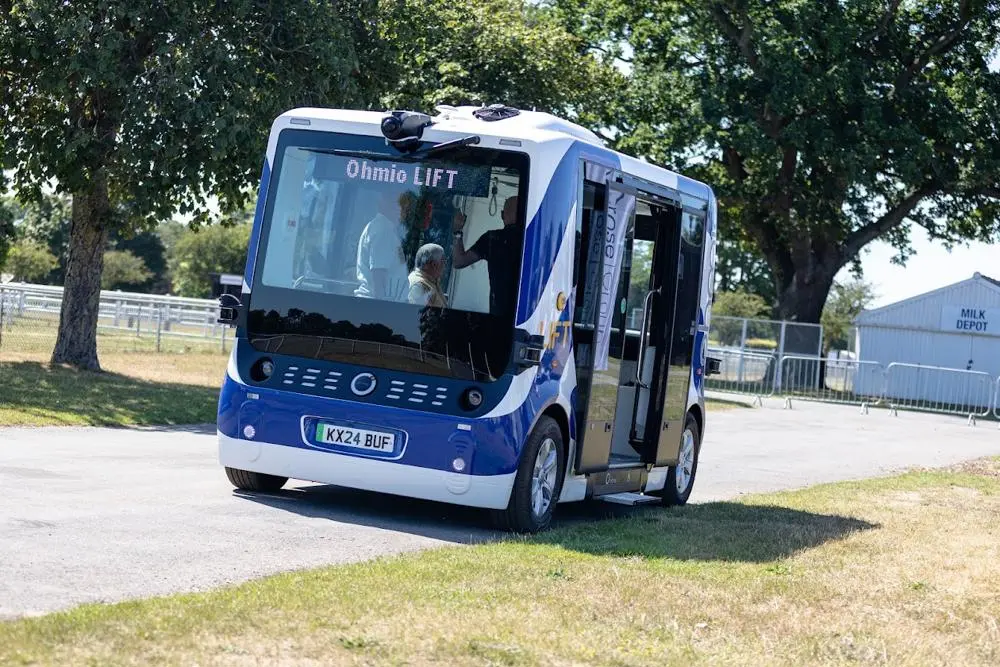
Suffolk County Council is laying the groundwork for a transformative shift in public transport by exploring a possible integration of self-driving shuttle services into its regional network.
The local authority has secured £75,000 in government funding to investigate how connected and automated mobility (CAM) could enhance mobility, sustainability, and inclusivity across the county.
The ADASTRA feasibility study, named in reference to BT’s innovation hub at Adastral Park, is one of 14 projects backed by the UK Government and industry under the CAM Pathfinder Feasibility Studies Competition, delivered by Zenzic and Innovate UK.
At the heart of Suffolk’s proposal is the concept of a Mobility Hub network – connected nodes of transport that blend traditional bus routes, cycling, walking, and emerging automated technologies.
In partnership with Smart City Consultancy, the council will examine the viability of deploying self-driving electric shuttles to connect communities with key transport corridors, new housing developments and rural areas typically underserved by public transport.
Councillor Chris Chambers, Suffolk County Council’s Cabinet Member for Transport Strategy, Planning and Waste, said: “The use of self-driving, environmentally friendly shuttles operating alongside traditional services as part of a Mobility Hub network is a key component of our strategy. ADASTRA will enable us to test our ideas with passengers and stakeholders, giving people the chance to see the shuttles in action and build out the longer-term business case.”
The automated shuttle under consideration – developed by Ohmio in New Zealand – is already being demonstrated at BT Adastral Park. Operated by Smart City Consultancy, the vehicle has capacity for up to 15 passengers (currently configured for eight seated with a safety driver).
The vehicle will be central to public consultation events throughout Suffolk, where residents will experience the technology first-hand and provide feedback on safety, comfort, and useability.
The Department for Transport recently launched a national consultation to help shape the future regulatory landscape for connected and automated mobility. Following this, self-driving passenger vehicle pilots are expected to begin as early as spring 2026.
Mark Cracknell, Programme Director at Zenzic, set up by government to facilitate CAM funding and innovation, said: “The deployment of CAM solutions in rural towns and cities has the potential to improve accessibility, reduce emissions, and create a more reliable and inclusive transport network. The Adastra project will be key to demonstrating this.”


